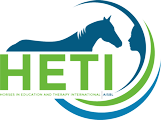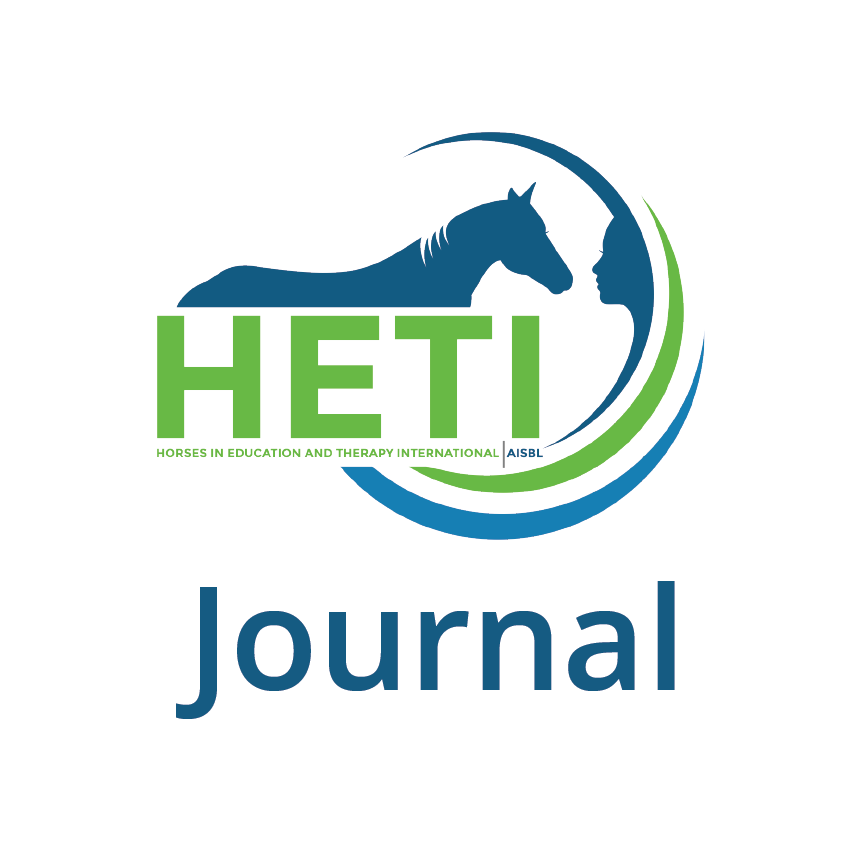Social Connectedness Through Therapeutic Riding: A Case Series
€10.00
| Author | Shelby A. Bouthillier, Elizabeth Achtem, John Meldrum, Viviene A. Temple |
|---|---|
| Year | 2023 |
| DOI | |
| Volume and Page number | Volume 22, page 18 |
Τhe present study examined how therapeutic riding contributed to social connectedness among children with disabilities and their families using a sequential mixed-method design. Administration of the quantitative Connectedness to Setting Scale questionnaire preceded semi-structured in-person interviews. Participants were 12 parents and 3 instructors at a therapeutic riding centre. Parents indicated their children felt highly socially connected; reflecting a sense of comfort and safety, feelings of protection, understanding, acceptance, and connection to both the people and setting. Two major themes arose from the face-to-face interviews, communication as social connectedness and social connectedness as a mediator. Feelings of social connectedness appeared to mediate the relationship between adverse factors preceding a therapeutic riding lesson and the experience of that lesson. Parents explained that their child’s feelings of social connectedness helped them deal with daily obstacles that could adversely affect their therapeutic riding experience such as upsets at school, cold weather, and changes to staffing and horses. Our findings revealed that parents had high expectations of communication and social connectedness, and that the context of therapeutic riding can be more than a place to ride a horse, it can be a place of belonging.

